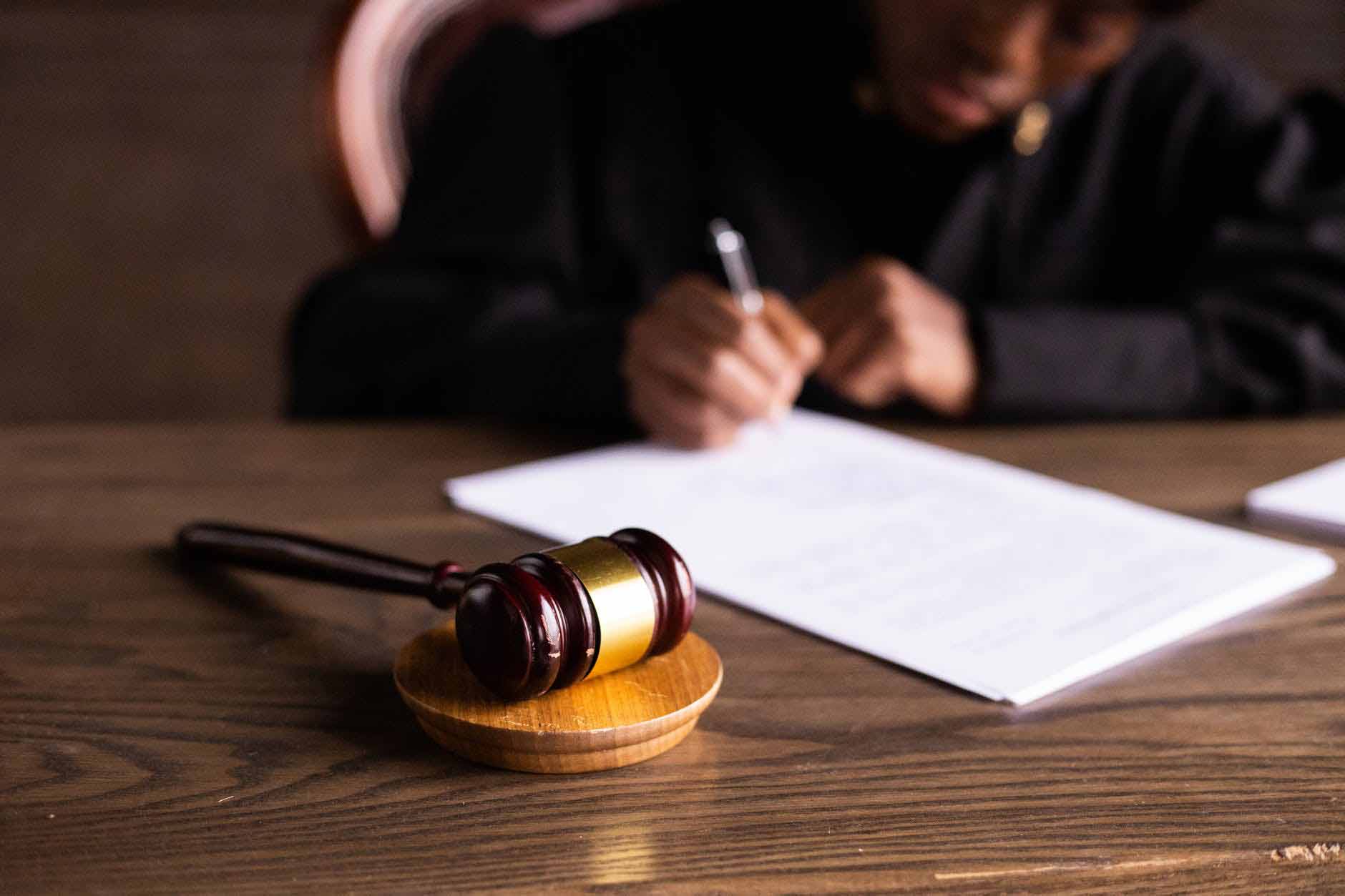
If you were injured in a car accident that was not your fault, you may wonder what to do next and if you can be compensated for your mounting medical expenses. It is completely natural to feel overwhelmed by the situation and to have questions that need to be answered.
Can I sue after a car accident?
The first thing to know is that Texas law gives you the right to seek compensation from the responsible party for costs such as medical bills, lost wages, and pain and suffering. Every driver on the road has a "duty of care" to be cautious and pay attention, and when they breach that duty of care and results in harm to another person, they can be held legally liable for their negligence. The responsible party may be a driver, that driver's employer, or a different party whose negligence caused the accident.
You should also know that there is a two-year statute of limitations for filing a civil lawsuit for a car accident. The sooner you contact an attorney, the sooner they can start gathering evidence and building your case.
What Kind of Financial Recovery Can I Expect?
The amount of your recovery will depend on the severity of your injuries and the resulting financial and emotional burden. A more serious injury, for example one that affects your earning capacity and requires long-term treatment, will require a larger settlement. Your attorney will help you come up with an estimate that takes into account both your economic losses and your non-economic losses, such as pain and suffering.
What I need to do?
The hours and days after an accident are a crucial time to gather evidence and document your case. Here are the steps you can take right away to strengthen your auto accident injury claim.
Seek medical attention first. Even if you are unsure of the severity of your injury, it should be examined by a medical professional as soon as possible. Doing so will create a record of your injury, which can be invaluable to your ability to claim damages. These records will support the claim that the accident caused your injury and that your injury was serious enough to require medical attention. If you do not visit a doctor after the accident, the other party's insurer may use that fact to argue that you must not have suffered a serious injury or that your injury was not the direct result of the car accident.
Next, you will need to contact a lawyer. The sooner you contact a personal injury attorney, the sooner they can start gathering urgent evidence. Your attorney will visit the scene of the accident, review police reports, speak with witnesses, and even reconstruct the accident if necessary to understand the circumstances of the negligence of the at-fault party.
Finally, let your attorney handle the communication with the insurance adjusters. The liable party's insurer may attempt to deny or minimize your claim by questioning the circumstances of the accident or offer you a settlement that is less than you deserve. You may be called in to ask what appear to be innocent questions, with the intention of putting statements on the record that they can then use to try to refute your claims.
Experienced personal injury attorneys are familiar with the tactics insurers use to evade liability and deny claims. Even if you have already reported the accident to your insurance company, having an attorney on your side to help you navigate future conversations will protect your case and give you peace of mind.

0 Comments
Any Queries , You May Ask